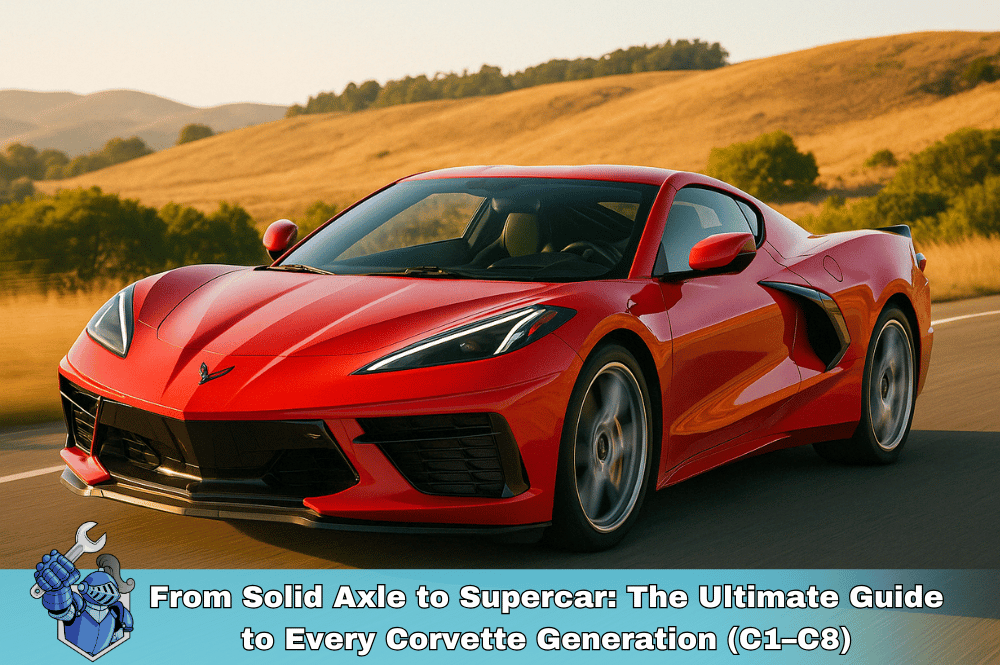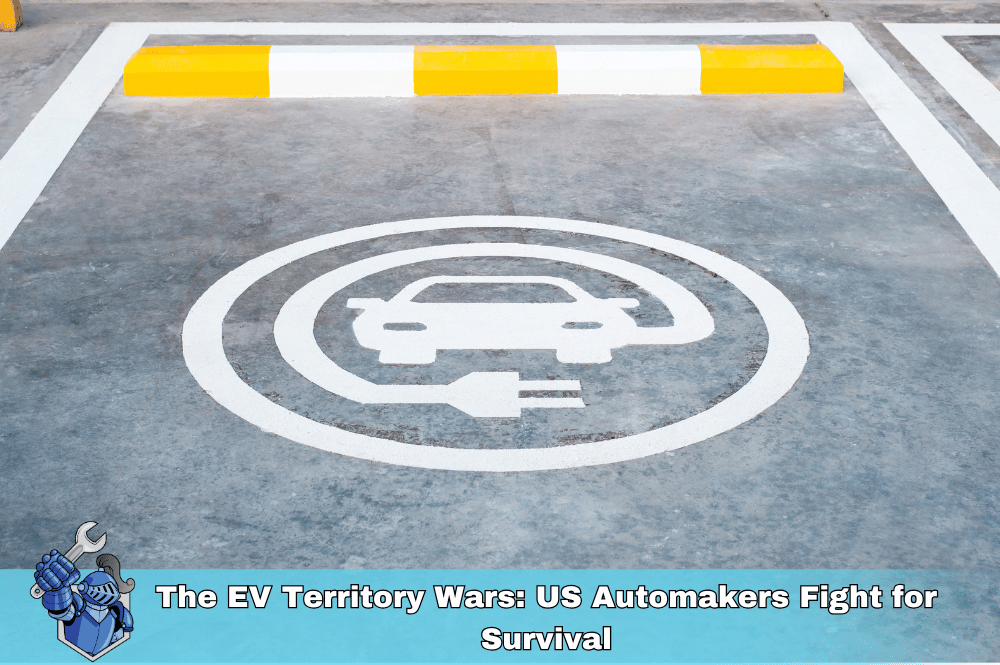Off-roading focuses on technical driving and overcoming challenging terrain, often for short durations. Overlanding involves vehicle-supported, self-reliant travel through remote areas, typically for extended periods.
If you’ve ever wondered about the difference between off-roading and overlanding, you’re not alone. Both activities offer adventure enthusiasts unique ways to explore nature, but they differ in purpose, preparation, and style. Off-roading centers on tackling rough terrain and testing a vehicle’s limits, while overlanding involves long-term journeys focused on exploration, self-reliance, and camping. This guide will dive into these two experiences, highlighting the differences, required gear, and vehicle maintenance considerations to ensure your adventures are enjoyable and hassle-free.
What is Off-Roading?
Off-roading refers to driving vehicles on rugged, unpaved trails, such as mud, rocks, sand, and snow. The primary objective is to test both the driver's skills and the vehicle’s ability to handle difficult terrain. Off-roading is often short-term and recreational, making it a great way to enjoy thrill-filled weekend excursions with friends or family.
Vehicle Requirements for Off-Roading
When it comes to off-roading, the right vehicle makes all the difference. Off-road vehicles like Jeeps, trucks, SUVs, ATVs, and UTVs are popular choices because of their superior suspension systems and wheel drive capabilities, including 4x4 and 4WD options. These vehicles are built for challenging conditions, often featuring off-road tires, high clearance, and power steering for enhanced control on uneven terrain.
Routine maintenance—such as tire rotations, brake pad checks, and wiper blade replacements—is critical for off-road vehicles, as they endure significant wear and tear from rough trails. Keeping an eye on your tire pressure is essential too, as adjusting it for different terrains can improve traction.
Popular off-roading locations include:
- Moab, Utah – Known for its iconic slick rock trails.
- Rubicon Trail, California – A challenging course, perfect for experienced off-roaders.
- Badlands Off-Road Park, Indiana – Offers a variety of terrains, including mud, rocks, and sand.
What is Overlanding?
Overlanding focuses on the journey rather than the destination. It involves traveling long distances across diverse terrains, often for weeks or even months. While overlanders may encounter off-road trails along the way, the primary goal is self-reliance and exploration. Camping trips are a core component, with travelers carrying everything they need to live off the grid, including camp stoves, sleeping pads, and sleeping bags.
Overlanding Vehicles
Vehicles used for overlanding differ slightly from those designed exclusively for off-roading. Trucks, SUVs, motorcycles, and even some vans can be modified for overlanding. Key features include 4WD or AWD systems, rooftop tents, and ample storage space for camping gear and supplies. Extended journeys require reliable vehicles with easy access to routine maintenance like oil changes, tire rotations, and windshield wiper replacements to avoid potential breakdowns.
Some popular overlanding routes include:
- Trans-America Trail (TAT) – A cross-country route that spans from the East Coast to the West Coast.
- Baja California Peninsula, Mexico – Offers a mix of desert roads and coastal trails.
- Alaska Highway – An epic wilderness route perfect for overland adventurers seeking solitude.
Off-Roading vs. Overlanding: Key Differences
| Aspect | Off-Roading | Overlanding |
|---|---|---|
| Purpose | Short-term adventure focusing on technical driving. | Long-term travel emphasizing exploration. |
| Duration | Day trips or weekend excursions. | Multi-day to multi-month journeys. |
| Terrain | Mud, rocks, sand, snow (technical trails). | Mixed terrain: highways, dirt roads, trails. |
| Vehicle Requirements | 4x4 with high clearance and off-road tires. | Reliable vehicle with camping and survival gear. |
| Primary Focus | Thrill and challenge of difficult terrain. | Journey, self-reliance, and discovery. |
| Typical Locations | Off-road parks, rugged trails. | Remote areas, national parks, cross-country routes. |
Essential Gear for Off-Roading and Overlanding
Both activities require specialized gear to ensure safety and comfort.
Off-Roading Gear:
- Recovery Equipment: Winches, tow straps, and traction boards to handle obstacles.
- GPS Navigation Devices: Essential for finding trails and avoiding getting lost.
- First-Aid Kits: Must-haves for remote areas far from a repair shop.
- Tire Deflators: Adjust tire pressure for different terrains.
Overlanding Gear:
- Camping Gear: Sleeping pads, sleeping bags, camp stoves, and cooking equipment.
- Solar Panels: Provide power for long journeys off the grid.
- Roof Racks and Rooftop Tents: Convenient setups for camping trips.
- Navigation Tools: Maps and satellite communicators for remote areas.
Vehicle Modifications: Off-Roading vs. Overlanding
To enhance performance, many enthusiasts modify their vehicles. For off-roading, modifications focus on improving traction and ground clearance with lift kits, off-road tires, and skid plates. In overlanding, the focus shifts to comfort and reliability, with rooftop tents, solar panels, and extended warranties ensuring peace of mind for long journeys.
It’s important to note that not all modifications are covered under vehicle service contracts. Some warranties, including extended warranties from NobleQuote, may exclude lift kits and oversized tires due to the additional strain these place on power steering and other components. Always check your coverage before making major changes to your vehicle.
Importance of Maintenance and Repairs
Both activities place significant stress on vehicles, requiring owners to stay proactive about maintenance. Brake pads, windshield wipers, power steering, and wiper blades are critical components to monitor, especially when traveling far from civilization. Additionally, keeping up with routine maintenance—like oil changes, tire rotations, and roadside assistance coverage—can help avoid expensive repairs down the road.
Noble Quote offers vehicle service contracts to protect your vehicle from unexpected breakdowns, ensuring that you’re covered whether you’re on a 4x4 trail or a multi-day overlanding route. Our roadside assistance can be a lifesaver when things don’t go as planned, giving you total peace of mind.
Which Adventure is Right for You?
If you crave a fast-paced adventure and enjoy pushing your vehicle to its limits, off-roading is a perfect fit. On the other hand, if you dream of long-haul trips filled with discovery, wildlife encounters, and the freedom of self-sufficient travel, overlanding is more suitable. Both activities offer unique rewards, but they also come with their own set of challenges, requiring careful planning and preparation.
Conclusion
Both off-roading and overlanding provide unique opportunities to explore the outdoors. Off-roading offers thrilling adventures on technical trails, while overlanding provides an immersive experience through long-term journeys. Regardless of which path you choose, keeping up with routine maintenance—including brake pad checks, tire rotations, and power steering fluid inspections—is crucial to avoid issues on the road.
If you’re planning your next adventure, be sure to protect your vehicle with a service contract from Noble Quote. Visit our Learning Center to explore coverage options and ensure your vehicle is prepared for every journey, whether you're hitting an off-road trail or embarking on a cross-country overlanding route.
With the right preparation and equipment, off-roading and overlanding can open the door to unforgettable experiences. So, fuel up, gear up, and get ready to embark on the adventure of a lifetime!
FAQs About Off-Roading vs. Overlanding
What's the main difference between off-roading and overlanding?
What kind of vehicle do I need for off-roading?
A capable 4x4 vehicle with good ground clearance, traction, and suitable tires is essential. Popular choices include Jeeps, trucks, and modified SUVs.
What kind of vehicle do I need for overlanding?
Overlanding requires a vehicle equipped for self-sufficiency, with features like a roof top tent, storage solutions, and recovery gear. Reliable 4x4 trucks and SUVs are common choices.
What are some essential gear for off-roading?
Recovery gear (tow straps, winch), first-aid kit, navigation tools (GPS, maps), and basic tools for repairs are crucial.
What are some essential gear for overlanding?
In addition to off-roading essentials, overlanding requires camping gear (tent, sleeping bag), cooking equipment, water storage, and power solutions.
Where can I go off-roading?
Designated off-road parks, trails, and public lands offer various challenges and scenery. Research local regulations and obtain necessary permits.
Where can I go overlanding?
Overlanding routes exist worldwide, from established trails like the Trans-America Trail to remote expeditions in various countries.
Is off-roading dangerous?
Off-roading involves risks, but with proper preparation, vehicle maintenance, and responsible driving, you can minimize those risks.
Is overlanding dangerous?
Overlanding in remote areas can present challenges like unpredictable weather, mechanical breakdowns, and navigation difficulties. Thorough planning and self-sufficiency are key to safety.
Do I need any special training for off-roading or overlanding?
While not mandatory, off-road driving courses and wilderness survival training can enhance your skills and preparedness.
Suggestions for you
Read MoreLet’s work together
Every week we showcase three charitable organizations that our donations are sent to. Our clients are able to choose which of these three will receive their gift when they add coverage to their vehicle...

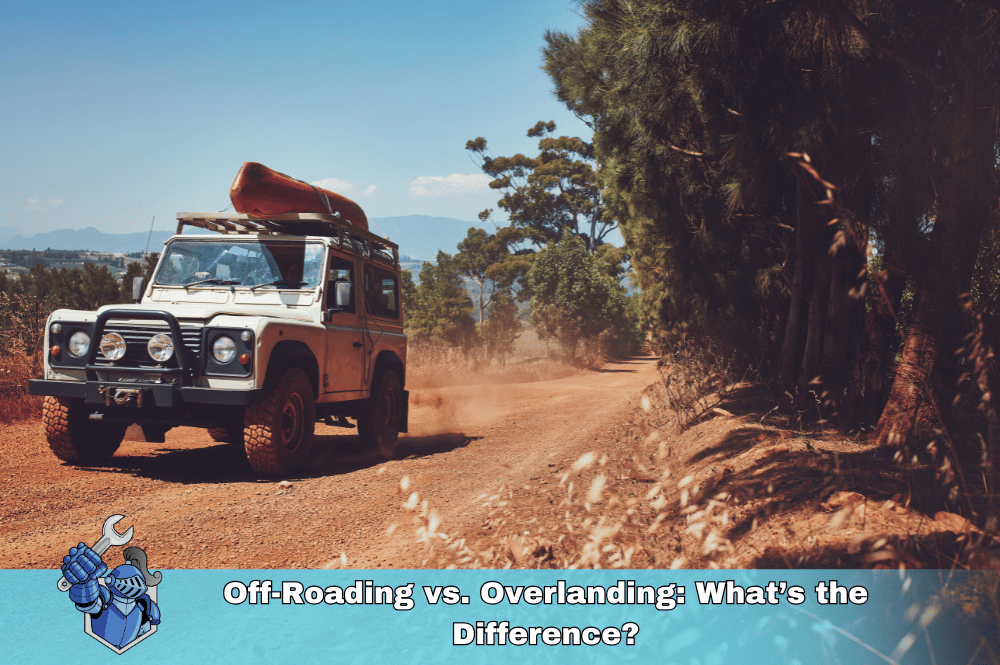
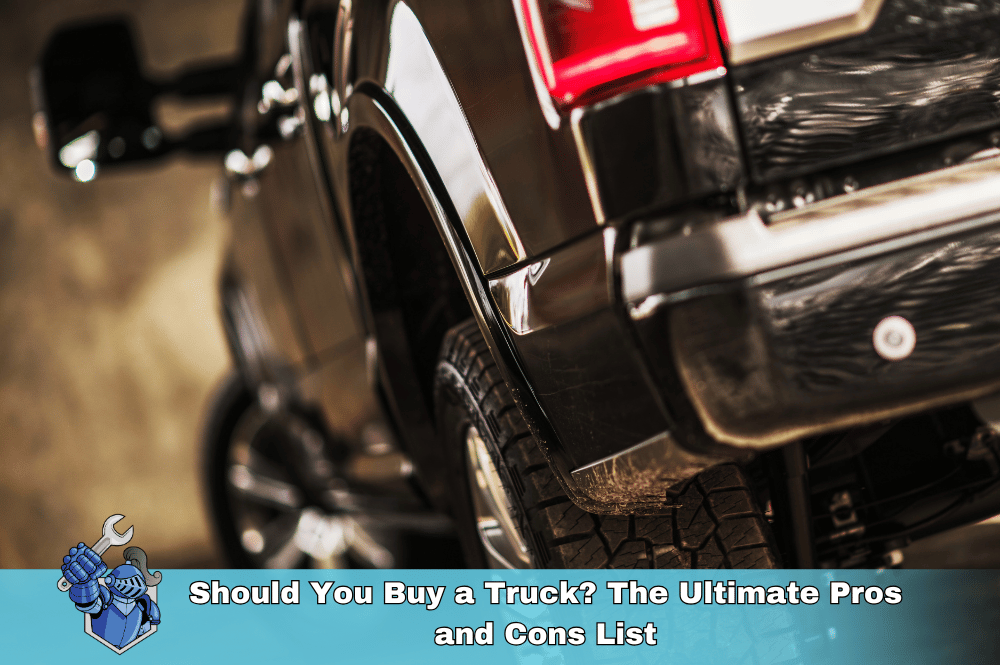 Should You Buy a Truck? The Ultimate Pros and Cons List
Should You Buy a Truck? The Ultimate Pros and Cons List Looking for the Perfect Gift for a Car Enthusiast? Try These 10 Puzzles
Looking for the Perfect Gift for a Car Enthusiast? Try These 10 Puzzles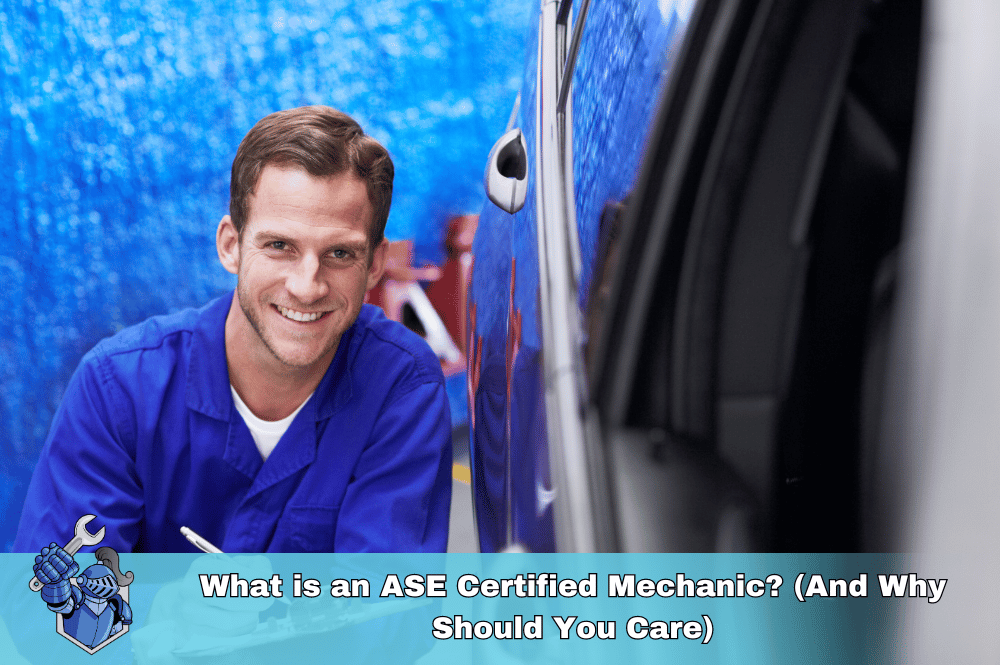 What is an ASE Certified Mechanic? (And Why Should You Care)
What is an ASE Certified Mechanic? (And Why Should You Care)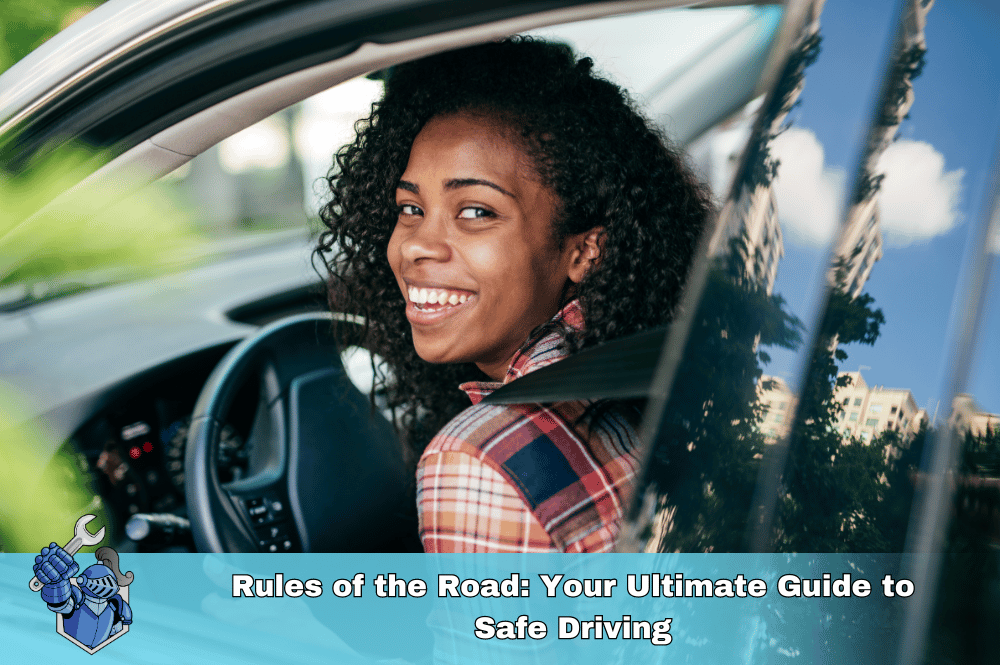 Rules of the Road: Your Ultimate Guide to Safe Driving
Rules of the Road: Your Ultimate Guide to Safe Driving The Ultimate New Driver's Guide: Everything You Need to Know to Hit the Road with Confidence
The Ultimate New Driver's Guide: Everything You Need to Know to Hit the Road with Confidence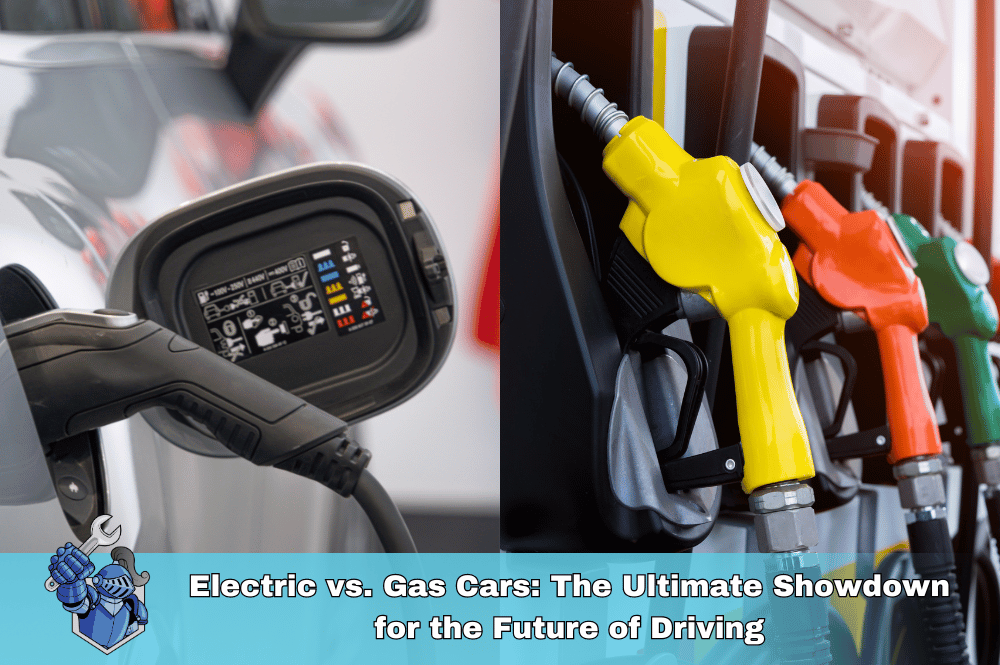 Electric vs. Gas Cars: The Ultimate Showdown for the Future of Driving
Electric vs. Gas Cars: The Ultimate Showdown for the Future of Driving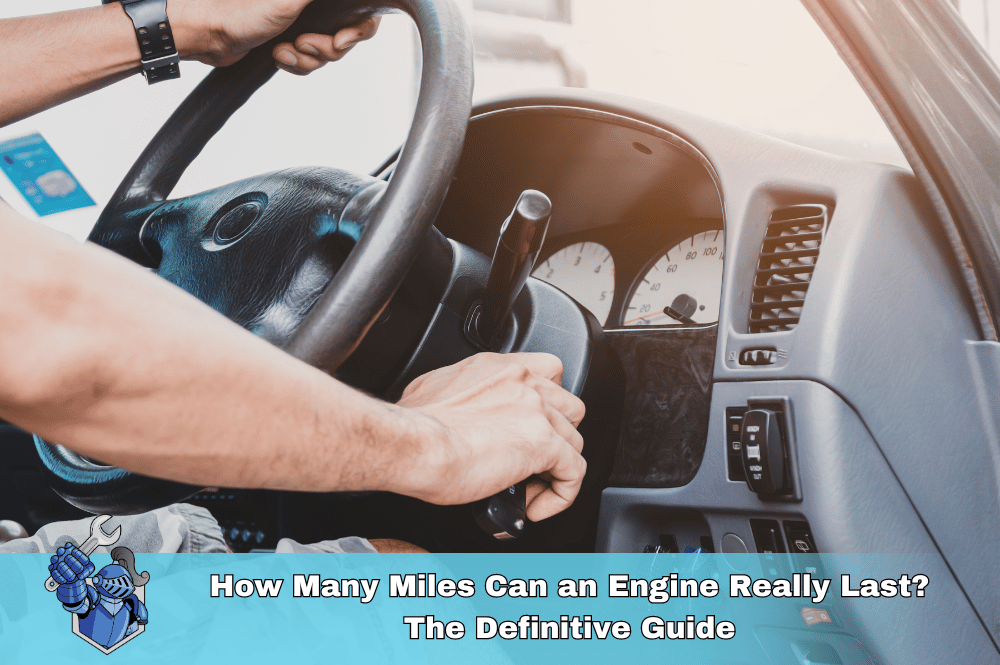 How Many Miles Can an Engine Really Last? The Definitive Guide
How Many Miles Can an Engine Really Last? The Definitive Guide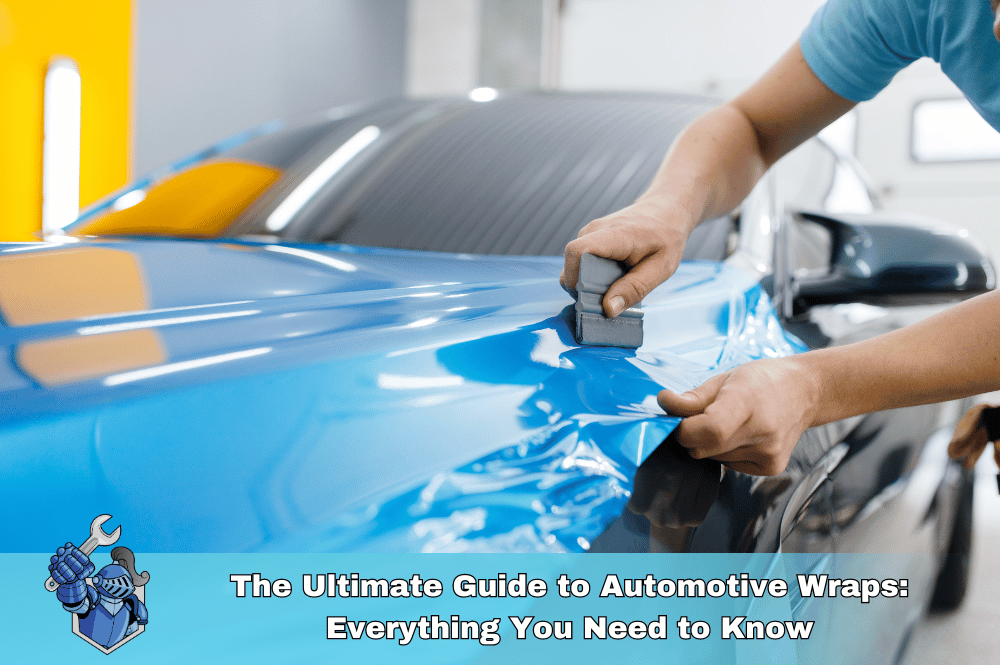 The Ultimate Guide to Automotive Wraps: Everything You Need to Know
The Ultimate Guide to Automotive Wraps: Everything You Need to Know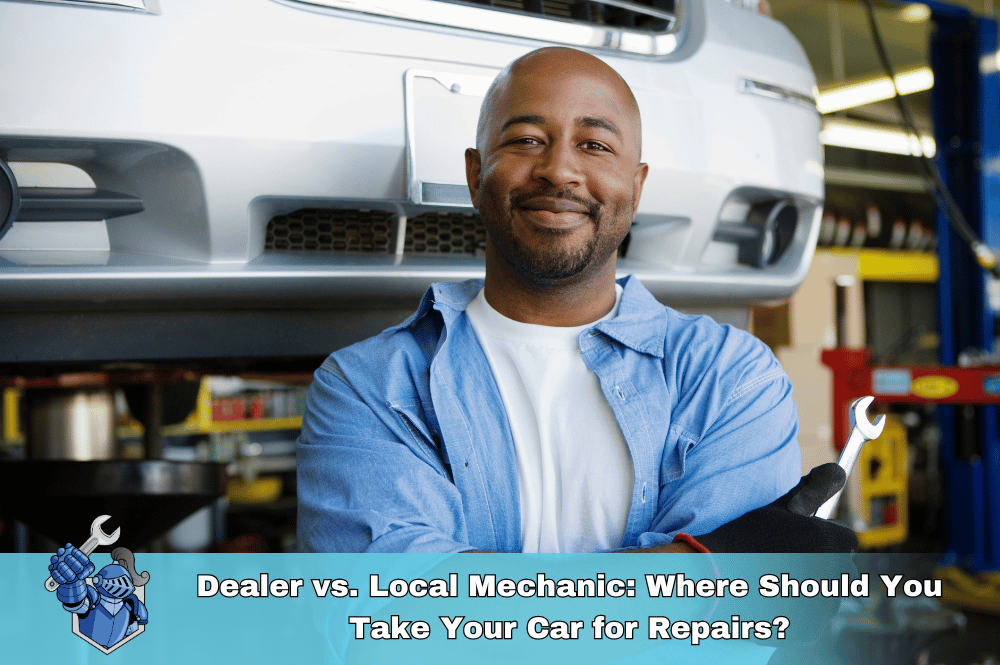 Dealer vs. Local Mechanic: Where Should You Take Your Car for Repairs?
Dealer vs. Local Mechanic: Where Should You Take Your Car for Repairs?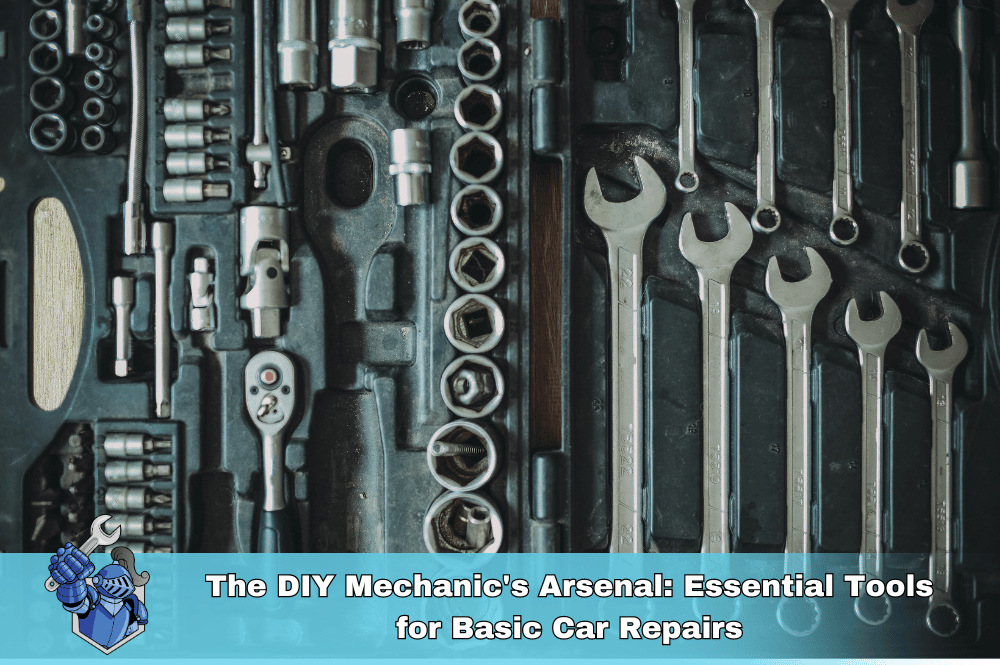 The DIY Mechanic's Arsenal: Essential Tools for Basic Car Repairs
The DIY Mechanic's Arsenal: Essential Tools for Basic Car Repairs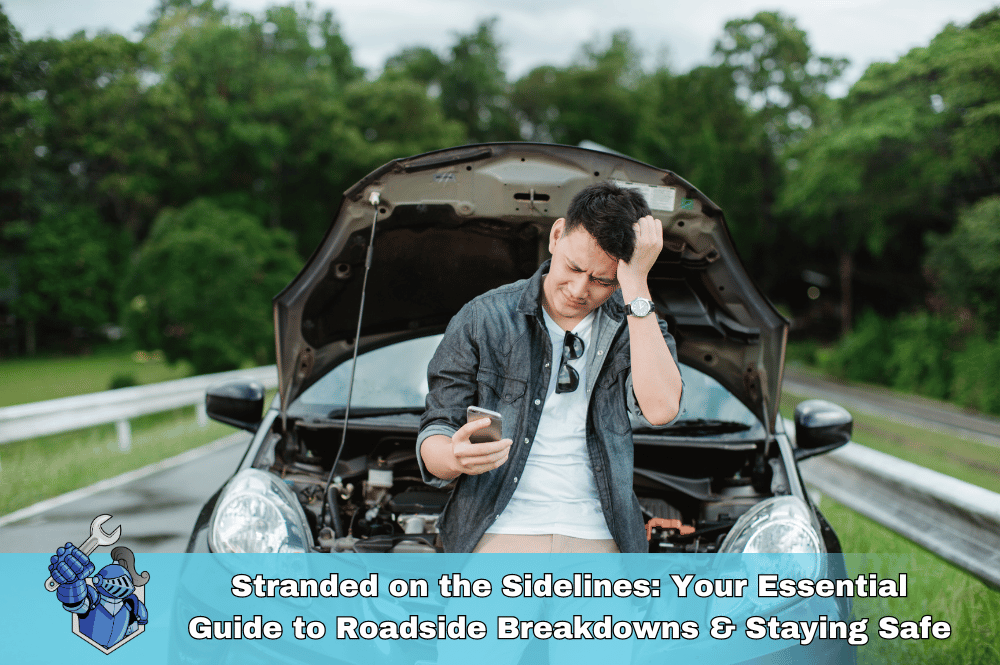 Stranded on the Sidelines: Your Essential Guide to Roadside Breakdowns & Staying Safe
Stranded on the Sidelines: Your Essential Guide to Roadside Breakdowns & Staying Safe How to Choose the Best First Car for Your Teen in 2024: A Parent's Guide
How to Choose the Best First Car for Your Teen in 2024: A Parent's Guide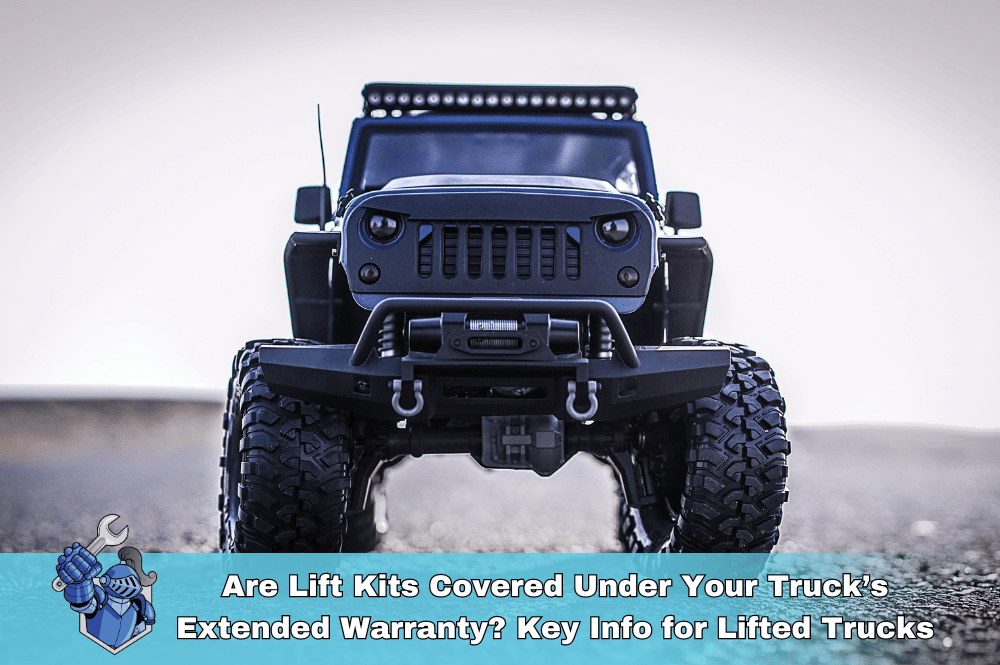 Are Lift Kits Covered Under Your Truck’s Extended Warranty? Key Info for Lifted Trucks
Are Lift Kits Covered Under Your Truck’s Extended Warranty? Key Info for Lifted Trucks
